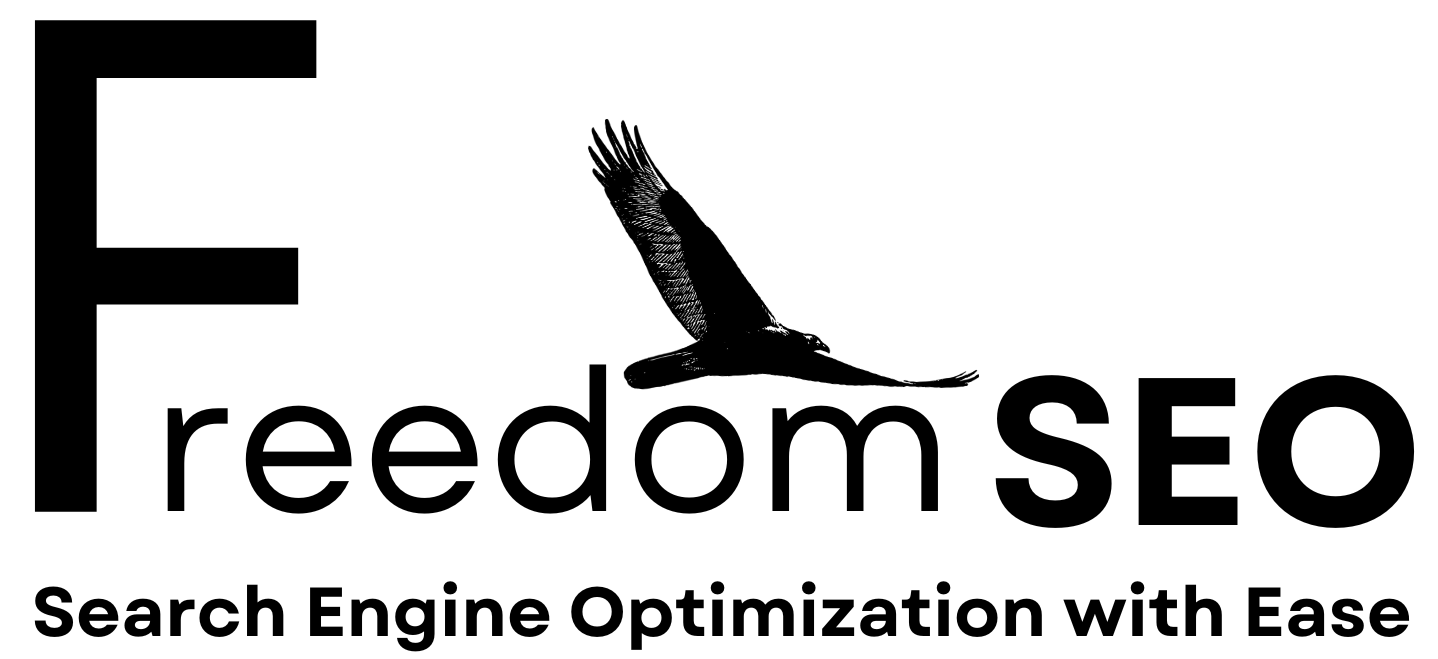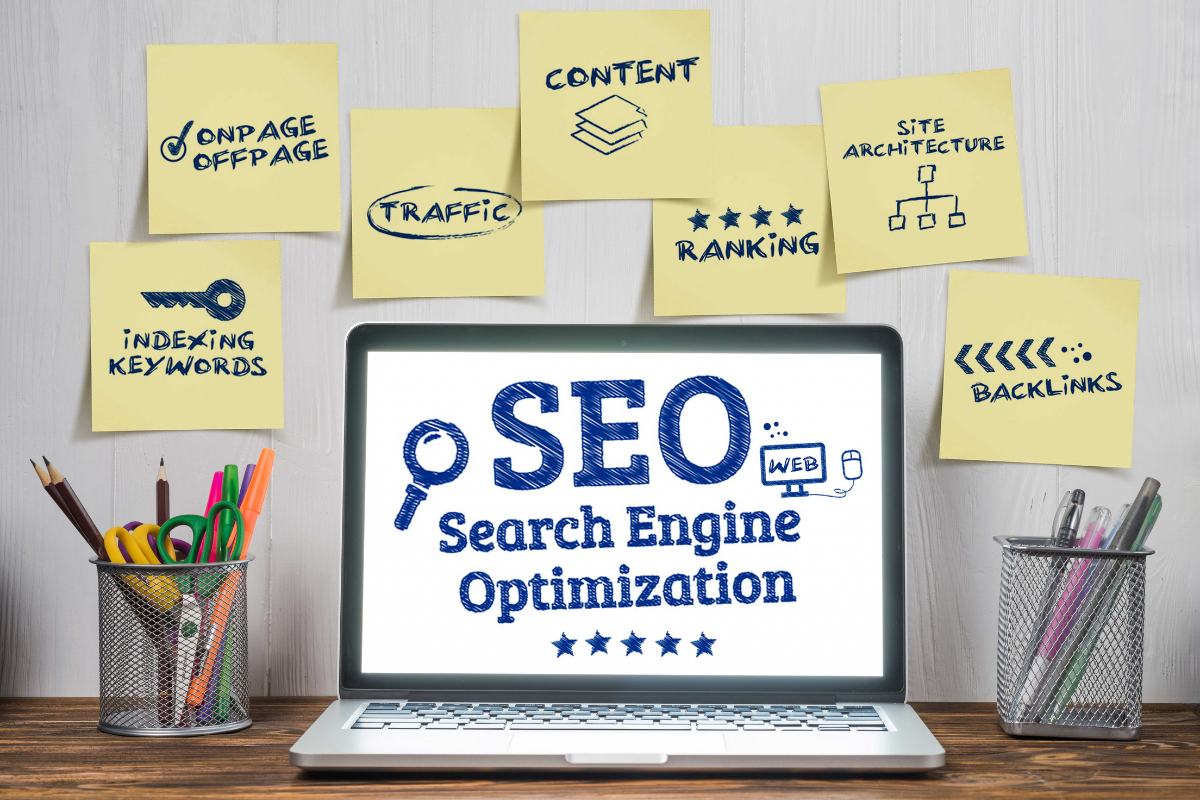Understanding Domain Age and SEO for Your Business

People often believe that owning an older website guarantees better search rankings. Yet over 60 percent of the top-ranking pages are less than three years old. That flips the usual thinking and shows that content quality easily outpaces the simple age of your domain.
Table of Contents
Quick Summary
| Takeaway | Explanation |
|---|---|
| Domain age affects SEO subtly | While domain age is a factor, it is not a primary ranking determinant. Content quality is much more critical for SEO success. |
| Create high-quality content consistently | Produce valuable, user-focused content regularly to enhance your site’s credibility and engagement, which outweighs the importance of domain age. |
| Maintain technical website health | Regularly update technical aspects of your website to ensure optimal performance, as this directly influences search engine rankings. |
| Focus on backlink quality | Building a strong backlink profile with legitimate links is essential for establishing authority and improving search visibility. |
| Adapt to evolving search guidelines | Stay informed and responsive to changes in search engine algorithms and best practices for SEO to maintain or improve rankings over time. |
What is Domain Age and Its Role in SEO?
Domain age represents the length of time a website has been registered and active on the internet. While many business owners assume domain age directly correlates with search engine rankings, the reality is more nuanced. Search engines like Google evaluate domain age as part of a broader assessment of website credibility and trustworthiness.
Understanding Domain Registration History
When you register a domain, search engines begin tracking its digital footprint. Older domains often carry more perceived authority because they demonstrate long term stability and consistent online presence. According to Google’s original patent research , websites with established histories can potentially signal more reliability to search algorithms.
Key characteristics of domain age include:
- Total years the domain has been registered
- Continuous website maintenance and updates
- Historical consistency of website content
- Quality of previous website iterations
Contextualizing Domain Age Impact
Contrary to popular belief, domain age is not a make-or-break ranking factor.
Google’s search experts have repeatedly emphasized that content quality and relevance matter significantly more than how long a domain has existed. A well-optimized, content-rich website launched recently can outperform an older, poorly maintained site.
Business owners should understand that while domain age contributes to overall search engine optimization (SEO) strategy, it represents just one small piece of a complex ranking puzzle. Focusing on creating valuable, user-focused content and maintaining a robust local SEO strategy will yield more substantial results than simply waiting for a domain to age.
The most critical aspects for SEO success remain consistent: produce high-quality content, maintain technical website health, build legitimate backlinks, and continuously adapt to evolving search engine guidelines.
Why Does Domain Age Matter for Search Engines?
Search engines utilize domain age as a subtle yet significant signal when evaluating website credibility and potential ranking performance. While not a definitive ranking factor, domain age provides search algorithms with contextual information about a website’s historical reliability and digital reputation.
Trust Signals and Digital Reputation
Older domains inherently communicate more trust signals to search engines. A website that has maintained consistent online presence demonstrates sustained digital commitment . According to research published in PLOS ONE , domains with longer histories tend to accumulate more authoritative characteristics that search algorithms recognize as indicators of potential quality content.
Key trust signals associated with domain age include:

- Consistent website maintenance
- Stable ownership history
- Regular content updates
- Established backlink profile
- Minimal history of penalties or suspicious activities
Algorithmic Evaluation of Domain Maturity
Search engines like Google do not simply count years of registration. They analyze complex patterns of domain behavior, including content quality, user engagement, and historical performance. A mature domain suggests potential expertise and reliability, which can subtly influence search ranking considerations.
For Canadian business owners, understanding domain age means recognizing it as one component of a comprehensive local SEO strategy. While an older domain might provide marginal advantages, continuous improvement in content quality, technical optimization, and user experience remain paramount for achieving meaningful search visibility.
Below is a comparison of domain age with other major SEO ranking factors, clarifying how each element influences search visibility for Canadian business websites.
| Factor | Influence on SEO | Description |
|---|---|---|
| Domain Age | Moderate/Secondary | Signals long-term presence but less important than quality and relevance |
| Content Quality & Relevance | High/Primary | The most significant driver of rankings; fresh, valuable content is prioritized |
| Technical Website Health | High/Primary | Site speed, mobile usability, and technical performance directly impact rankings |
| Backlink Profile Quality | High/Primary | Authoritative, legitimate backlinks increase trust and authority |
| User Engagement | High/Primary | User metrics like time on site and low bounce rates indicate valuable, trustworthy sites |
| Adaptability to Search Guidelines | Moderate to High | Staying current with algorithm changes and search best practices maintains strong ranking |
Ultimately, domain age serves as a background context for search algorithms, offering a supplementary perspective on a website’s potential value and credibility. Smart business owners focus on creating exceptional online experiences that naturally build trust and authority over time.
How Domain Age Influences SEO Rankings
Domain age represents a nuanced factor in search engine ranking algorithms, acting more as a subtle contextual signal than a direct determinant of website performance. Search engines evaluate domain age within a complex ecosystem of ranking considerations, where longevity can provide marginal advantages but cannot compensate for poor content quality.
Contextual Ranking Considerations
Search algorithms interpret domain age as part of a broader assessment of website credibility. Established domains often benefit from accumulated digital reputation , which includes factors beyond mere registration duration. According to research examining ranking bias in citation networks , older digital entities tend to accumulate more authoritative characteristics that subtly influence ranking potential.
Key ranking considerations related to domain age include:
- Historical content consistency
- Sustained website performance
- Accumulated high-quality backlink profiles
- Continuous user engagement metrics
- Minimal technical penalty histories
Relative Importance in SEO Strategy
While domain age contributes to search engine evaluations, it remains a secondary factor compared to content relevance, technical optimization, and user experience.
 Business owners should recognize that creating valuable, targeted content matters significantly more
than waiting for a domain to age naturally.
Business owners should recognize that creating valuable, targeted content matters significantly more
than waiting for a domain to age naturally.
For Canadian businesses seeking comprehensive digital strategies, exploring advanced SEO techniques can provide more meaningful ranking improvements than solely focusing on domain age. Smart digital marketing approaches prioritize holistic website development, consistent content creation, and user-centric design.
Ultimately, domain age functions as a background signal that offers search engines additional context about a website’s potential reliability. Successful digital strategies focus on building genuine authority through exceptional content, technical excellence, and sustained online engagement.
Key Concepts Related to Domain Age and SEO
Domain age intersects with multiple technical and strategic elements in search engine optimization, representing a complex relationship between website history and digital performance. Understanding these interconnected concepts helps business owners develop more nuanced approaches to online visibility and search ranking strategies.
Technical Foundations of Domain Evaluation
Search engines analyze domains holistically , considering far more than simple registration duration. According to research analyzing SEO metrics and website rankings , websites accumulate digital authority through multiple interconnected factors that extend beyond chronological age.
Key technical considerations in domain evaluation include:
- Continuous website maintenance
- Quality and frequency of content updates
- Historical backlink profile strength
- Consistency of website infrastructure
- Technical performance metrics
Strategic Implications for Business Websites
Domain age provides contextual signals about a website’s potential reliability, but it does not guarantee superior search rankings. Proactive digital strategies matter more than passive domain longevity . Business owners should focus on creating robust, user-focused content that demonstrates expertise and engagement.
For Canadian entrepreneurs seeking comprehensive digital strategies, exploring advanced SEO techniques can unlock more meaningful improvements than fixating on domain registration dates. The most successful online presences combine technical optimization, high-quality content, and consistent user value.
Ultimately, domain age represents one thread in the complex tapestry of search engine optimization. Smart digital marketers understand that genuine authority emerges from sustained commitment to delivering exceptional online experiences, not merely from years of passive domain ownership.
This table breaks down the key technical and strategic factors search engines consider when evaluating domain age, helping business owners understand its nuanced role.
| Evaluation Factor | Technical Component | Strategic Implication |
|---|---|---|
| Registration Length | Years registered | Indicates potential long-term credibility |
| Continuous Site Maintenance | Ongoing site updates and stability | Builds trust through reliability and commitment |
| Content History | Quality and consistency of content | Represents expertise and topical authority |
| Backlink Profile | Number and quality of inbound links | Establishes digital reputation and authority |
| Ownership Stability | Consistency in domain ownership | Minimizes risk, signals reliability to search engines |
| Technical Website Health | Speed, uptime, mobile compatibility | Supports positive user experience and ranking potential |
Is Your Domain Age Holding Back Your Local Rankings?
Many Canadian businesses worry about domain age, thinking it is the main barrier between their website and top search positions. The truth from this article is that while domain age offers background signals of trust, it alone will not boost your ranking. Real progress comes from quality content, site maintenance, and a strong local SEO strategy . Struggling with low online visibility, unpredictability in site traffic, or confusion over where to put your effort? You do not have to wait years for your domain to age before seeing real business growth in search results. Our team at Freedom SEO understands the full picture and can help your business leap ahead, even if your domain is brand new.

Stop wondering when you will see results and take control today. Let us create a plan that overcomes the limits of domain age by delivering expert local SEO services , proven website optimization, and personalized support for Canadian businesses. Start now with your free consultation and see how quickly you can reach the top of Google in your area.
Frequently Asked Questions
What is domain age and why is it important for SEO?
Domain age refers to the length of time a website has been registered and active online. It plays a role in SEO as search engines perceive older domains as more credible and trustworthy, contributing to potential ranking advantages.
How does domain age affect search engine rankings?
Domain age influences search engine rankings as it serves as a contextual signal about a website’s reliability. However, it is not a primary factor; content quality and relevance are far more significant in determining search rankings.
Can a newer website outrank an older one?
Yes, a newer website can outrank an older one if it offers high-quality, relevant content and utilizes effective SEO practices. Content quality, user engagement, and technical optimization often outweigh the advantages of domain age.
How can I improve my website’s SEO beyond focusing on domain age?
To enhance your website’s SEO, focus on creating valuable, user-centered content, maintaining technical health, building legitimate backlinks, and continuously adapting to changing search engine guidelines.
Recommended

















